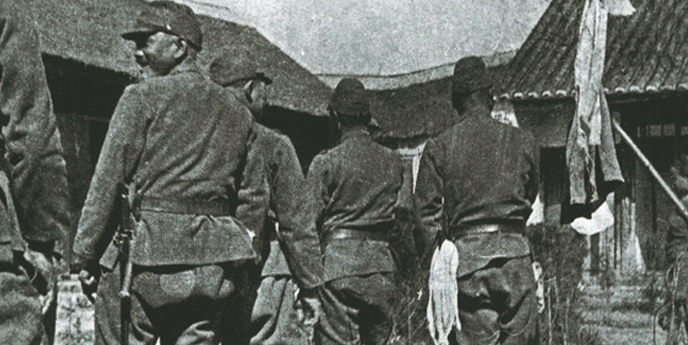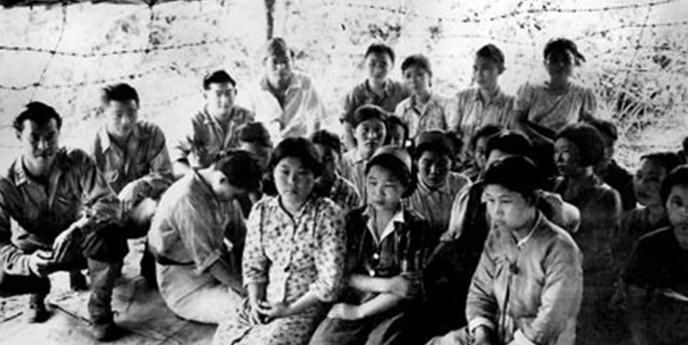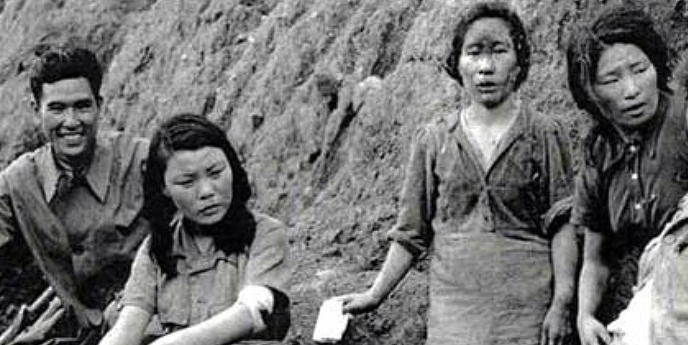
Do you know the history of japanese
military sexual slavery, euphemistically called‘Comfort Women’?

The victims of Japanese military sexual slavery, before and during WWII, are euphemistically called 'Comfort Women'. The women were sexually enslaved by the Japanese Imperial Armed Forces in thirteen Asian-Pacific countries from 1931 to 1945. The 'Comfort Women' were confined to so-called 'comfort stations' - military brothels - built by the Japanese armed forces throughout Asia and the Pacific area under its occupation.
The Japanese empire, by force, mobilized women as military 'Comfort Women' from Japan as well as colonial Korea and Taiwan, occupied China, the Philippines, Indonesia, and East Timor. The victims also included some Dutch and Japanese women. The numbers of 'Comfort Women' are estimated to range from 50,000 to more than 200,000.

The women, most of whom were under twenty year of age of and sexually inexperienced, were from rural and poor backgrounds. Many of them were deceived into sexual slavery by promises of factory work, nursing, or voluntary service. Deception and intimidation tactics were often used. Many others were abducted. Procurement of the women was performed by brokers who worked in close coordination with local and military police. Most of these women died during their wartime captivity. This dark history was hidden for decades until the 1990s, when the survivors courageously broke their silence.

The Japanese military called these women “military comfort women” or “prostitutes”. This terminology distorts the actual experience of the Japanese military ‘Comfort Women’. This only reflects the perspective of the Japanese military and ignores the victim’s point of view. Instead, internationally accepted expressions, such as “sexual slaves” and “victims of sexual violence,” better reveal the essence of what these women actually endured. In spite of this contradiction, the Japanese military term ‘Comfort Women’ is still widely used.



